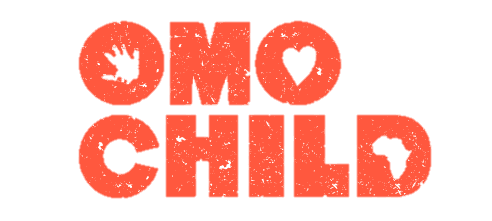A mother labors beside the road. Her babies are about to be born. Because she will give birth to twins, she has been sent to the bush to give birth. She is expected to leave them there to die and return to the village alone.
The hum of an engine grows steadily louder, and soon a government vehicle appears, coming steadily closer. When it reaches her, it stops, and the mother is ushered into the Jeep and taken to a nearby clinic. There she gives birth to twin daughters, perfectly formed and healthy, though small.
In Omo Valley cultures, children are valuable. Boys herd the family’s goats and cattle, and more boys means the ability to have larger herds and therefore more wealth. Girls bring in dowries when they get married, in the form of livestock or other valuable items.
So why leave twins in the bush to die? Because of Mingi. Mingi is the belief that children are cursed. If the cursed children are allowed to live, it is believed that they will bring drought, sickness, and evil upon their communities. Children can be labeled Mingi because they are twins, because the mother has conceived oustside of marriage, or because a couple has not received all the necessary cultural blessings before conceiving.
In the case of the mother in our story, her twins could not be allowed to live in the village, no matter how she felt. Because of this, two days after the birth of her twins, villagers came to the clinic and forced her to return to the village, leaving the twins in the care of government officials. The twins health was fragile, so they were brought to the hospital in Jinka for care. Despite the best efforts of hospital staff, one twin died.
For six weeks the surviving twin hung on to life, with no family to hold and feed her, to love her as their own. At this time, a visiting Israeli development worker was visiting the hospital with his volunteer medical team. He saw the small, sickly baby lying alone in a bed and felt a surge of compassion. Why is this baby alone, he asked? A nurse told him she was an orphan, one of twins, but that her sister had died. He instantly pulled out his phone and had the leader of his medical team call Lale Labuko.
After explaining the situation to the founder of Omo Child, Lale, with tears in his eyes, agreed to take the child into his home for children who are considered Mingi. The child was undernourished, underloved, and would likely not have lived much longer in the hospital.
Lale and his wife Gido welcomed the baby into their family, bringing the number of children they and their team care for to fifty-two. They named her Metsnanat – happy comfort. Comfort, because Lale and Gido deeply felt the sadness of having lost her twin sister, yet they were comforted that they could yet be of help in saving her. Happy, because they were filled with joy to have the privilege of loving her and giving her a family.
Metsnanat is now a happy, healthy one-year-old, doted on by her 51 big brothers and sisters. She will be nurtured and educated at the Omo Child Home and School through her entire childhood. She will show her community that though they considered her Mingi - cursed - she is in fact a blessing to her community, country, and the world.
Would you consider helping care for the rescued children through a child sponsorship? Each of the Omo Children need 5 sponsors to be fully sponsored. Though most of the children still need sponsors, Metsnanat is now fully sponsored. Thank you!
Learn more about our sponsorship program here.
OMO CHILD
I Named Her Happy-Comfort

